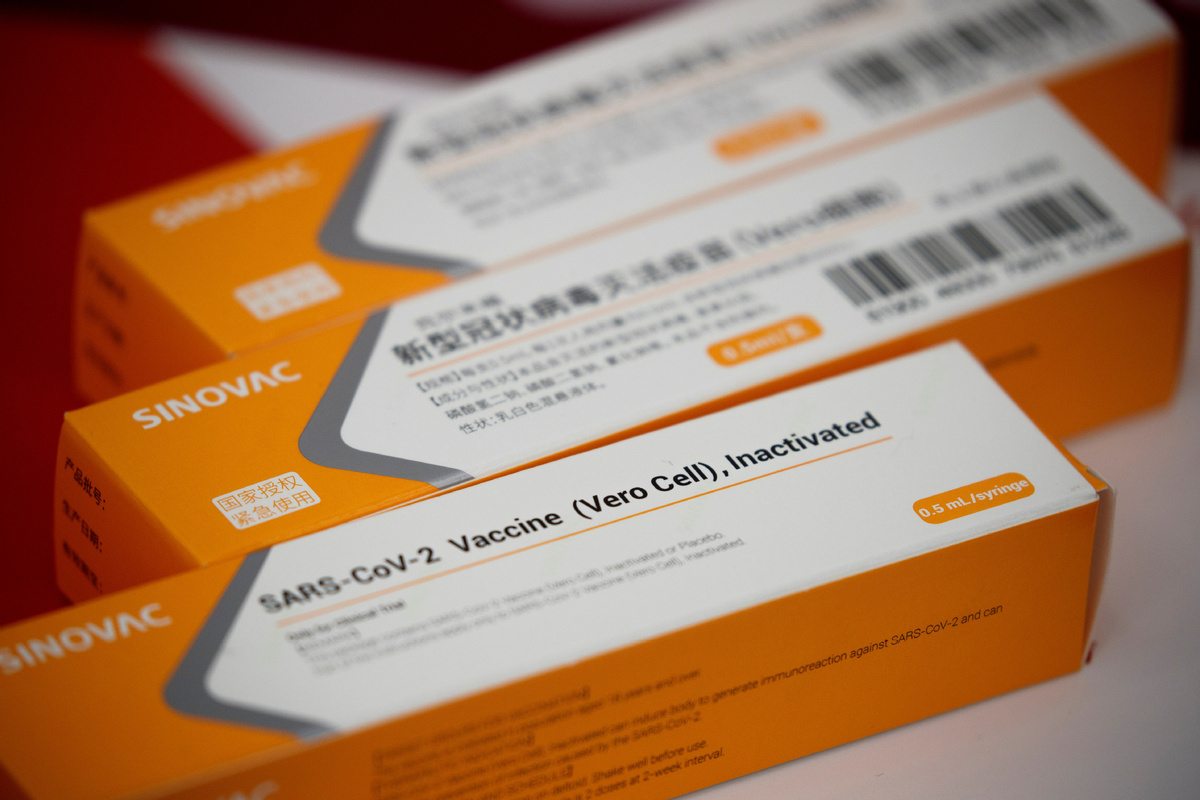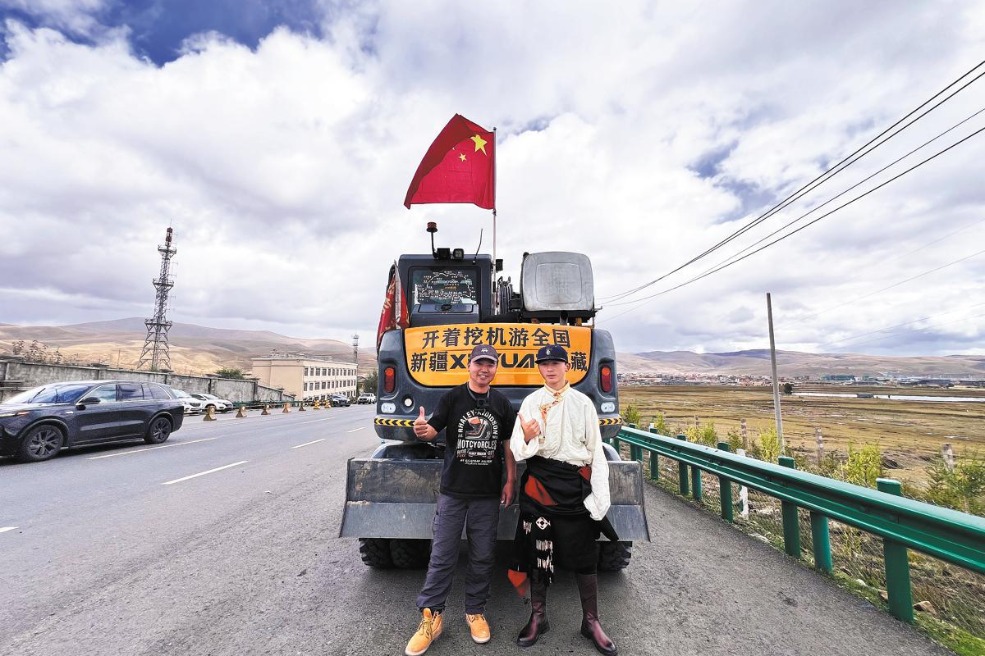Headlines mislead on CoronaVac efficacy


The 50.4 percent efficacy rate for the COVID-19 vaccine candidate made by China's Sinovac Biotech is only accurate under the most stringent testing settings, with the broadest of number of symptoms taken into account — many of which were not included in similar studies done by other vaccine developers, Chinese and Brazilian experts said.
Many media outlets are taking this figure out of context to criticize the Chinese vaccine, but this number alone is not an accurate representation of the vaccine's potency in a normal population, nor is it a justification not to use the vaccine, which has been proved to be safe, easy to store and transport, and is effective in preventing severe cases, they added.
On Tuesday, officials and researchers from Sao Paulo-based Butantan Institute, which is responsible for running the phase three clinical trial for CoronaVac, an inactivated vaccine candidate produced by Sinovac, announced they had submitted new data on the trial's progress in Brazil to the national health regulator for emergency use approval.
The data showed the shot was 100 percent effective in preventing severe cases, and had a 78 percent efficacy rate for volunteers with mild to severe cases of COVID-19 with excellent safety profile. It also has advantages in terms of logistics as it can be stored in a standard refrigerator at 2 to 8 degrees Celsius.
However, when all volunteers are considered, including those with "very mild" cases of COVID-19 that required no medical assistance, the total efficacy rate drops to 50.4 percent.
Ricardo Palácios, medical director of clinical research at Butantan Institute, said in a news briefing on Tuesday the inclusion of these very light cases represented the most stringent test for the vaccine, characterized by covering the broadest number of symptoms and intense exposure to COVID-19.
"We deliberately chose the most challenging conditions, and would like to capture even the subtlest of symptoms. These criteria have not been included on similar studies elsewhere," he said, adding if a vaccine can succeed even in the most demanding setting, "it would prove the vaccine would work well in normal conditions."
Rosana Richtman, a consultant on national immunization program for the Ministry of Health of Brazil, said in the press briefing the "most important number is 78 percent [efficacy rate]", which was first released by the Butantan Institute last week.
"A 78 percent effective vaccine can reduce the workload of our medical workers and alleviate the fear caused by the novel coronavirus to our people," she said. "The best vaccine is the one that is available to our people."
Natalia Pasternak, the president of Brazil's Science Question Institute, a non-profit organization on promoting scientific literacy, said CoronaVac may not be the perfect vaccine against COVID-19, but it is a vaccine that is compatible with Brazil's local production, cold chain logistics and distribution networks.
"We have a vaccine that is perfectly capable of preventing disease and death," she said. Even if the vaccine can only reduce the risk of the disease by around 50 percent in general, the benefits of preventing severe cases are still great, she said.
Wang Guiqiang, head of Peking University First Hospital's department of infectious diseases, said the clinical standards in the Brazilian trial are relatively higher than similar trials conducted elsewhere in the world, so "it is no surprise its efficacy rate is lower under certain circumstances."
"During a global pandemic, the purpose of vaccine is to reduce the number of patients and the workload of hospitals, so the medical system doesn't collapse under pressure," he said. "If the vaccine can prevent a majority of the public from seeking medical help and provide full protection against severe cases, it is still a significant result and well worth the effort."
- 'Ice City' warms up for winter Games
- China takes lead in global growth of IP
- Infrastructure restored in aftermath of Dingri earthquake
- Chinese actor located safely after disappearance on Thai-Myanmar border
- Universities open subsidies for students affected by earthquake
- China to improve intellectual property rights





































